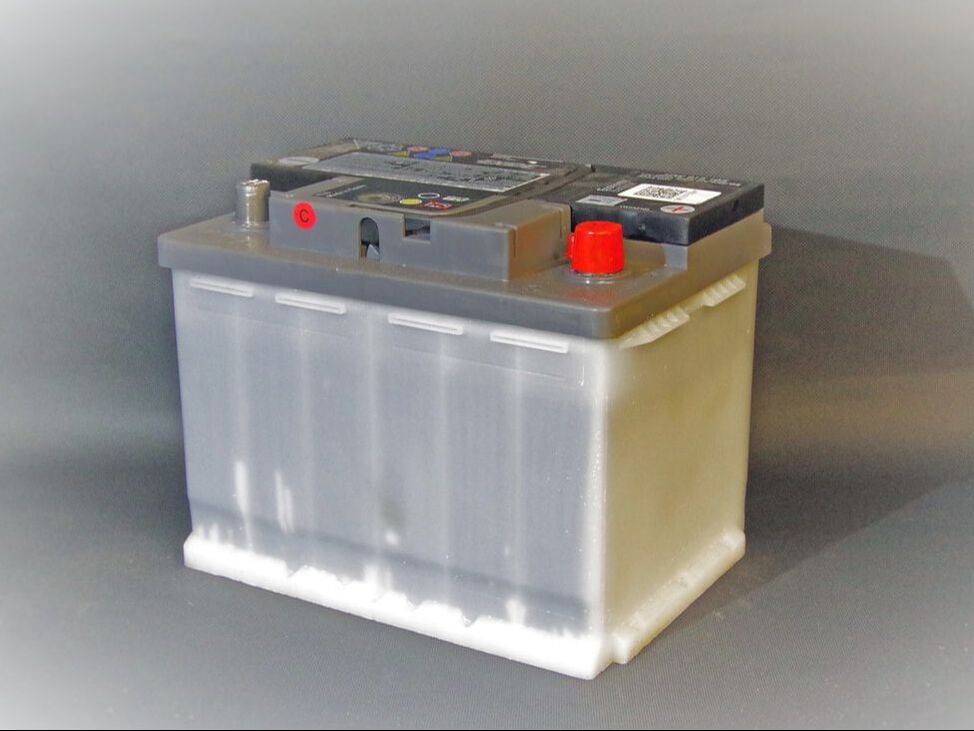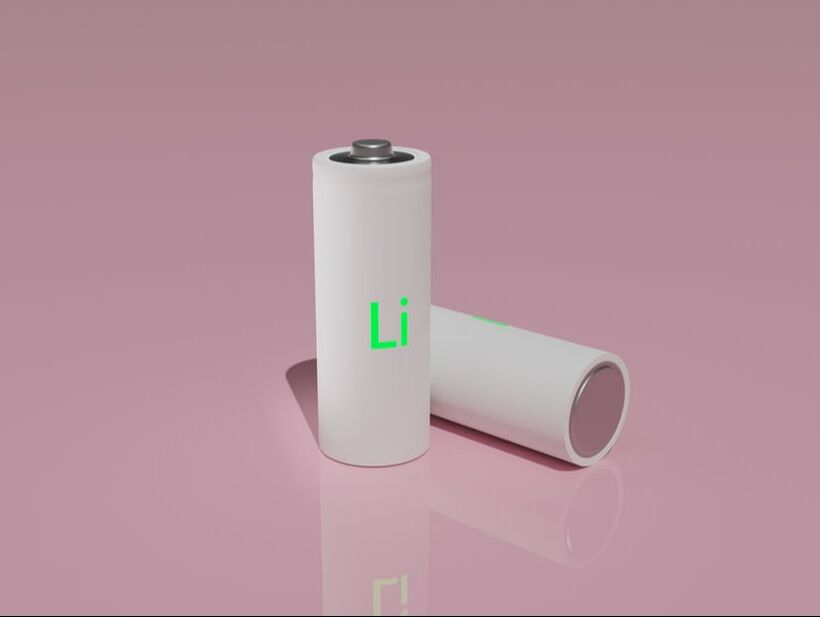Power your home day and night
Install a grid-tied PV system with a battery backup, and you can power your home when the sun doesn't shine or the electricity grid is down. |
Batteries: the hero you deserve, but not the one you need right now?
Your standard grid-tied system is a cost-effective way to add solar to your home. However, because it doesn't store energy, it can't provide electricity when the sun isn't shinning, and, due to safety reasons, neither can it provide electricity during a power outage. If either of these is important to you, then you may want to consider a grid-tied PV system with a battery backup. Though these systems are around twice the cost of a similar sized system without the battery backup, to some the flexibility and resilience provided by the batteries is worth the cost. Unlike an off-grid system, you can still export and import electricity to the grid, however you'll also still have to pay grid connection fees.
Grid-tied PV systems with battery backups consist of five parts:
Grid-tied PV systems with battery backups consist of five parts:
- PV panels: also known as modules, they generate electricity from the sun via the photoelectric effect;
- racking: secures the PV panels to your roof, wall, or ground mount;
- inverters: converts the DC electricity produced by the PV panels, and stored by in the batteries, to AC electricity used in our homes;
- energy management system (EMS): controls where and when the electricity from the panels, grid, and batteries gets used; and
- batteries: stores your electricity.
Options for battery backup systems
Lead-acid batteries
The same battery you'll find in your car, lead-acid batteries have been around for centuries. Cheap and reliable, at the moment they still make up the majority of residential battery backup systems. What's not to love? Three things. First, they're bulky. You'll need a large utility room or designated battery shed to hold your batteries. Second, they only get between 500 and 1,000 charge cycles before the batteries are worn out. This isn't a big problem if you're only using your batteries a few times a year as an emergency backup, but you'll burn through lead-acid batteries quickly if you're charging and discharging them daily. Third, though there's established infrastructure for recycling lead-acid batteries at the end of their life, lead is nevertheless extremely toxic.
|
Lithium-ion batteries
What most people think of when they think 'battery energy storage', lithium-ion batteries are the new kid on the battery block. Their high energy density and long lifespan makes them a favourite for all the latest gadgets, from wireless headphones to laptop computers. With over 5,000 charge cycles, they can be charged and discharged daily for over 15 years, making them ideal for those wanting to rely on their solar generated electricity as much as possible. Their only downside is the price, but as that continues to fall, they become increasingly attractive compared to lead-acid batteries.
|
Why you should consider a grid-tied PV system with a battery backup
Many people new to solar think a battery backup is a given, but quickly change their tune when confronted with the price. Rightfully so! For most people, a battery backup will be a poor investment. However, for a select few, the opposite is true.
Emergency backup
To most people, a power outage is an inconvenience, but for some it's a costly disaster. If you fall into the later camp, then a battery backup is for you. Maybe you run a home business and your product requires refrigeration, maybe you've a fish tank full of fancy tropical fish, or maybe your bitcoin farm needs to keep mining. If the cost of a power outage is high, then the added cost of a battery backup might be worth it.
|
Maximizing payback
Depending on where you live, you might find yourself in a situation where you can save more money with a battery backup then without. Maybe the rate for selling electricity to the grid is less than the rate for buying it, or you can sell or use electricity at a premium during certain times of the day. In situations like these, you should calculate how much you can save with batteries versus the cost of the batteries. You may be pleasantly surprised.
|
Unlock the power of the sun with a FREEDOM WON solar heater
|





